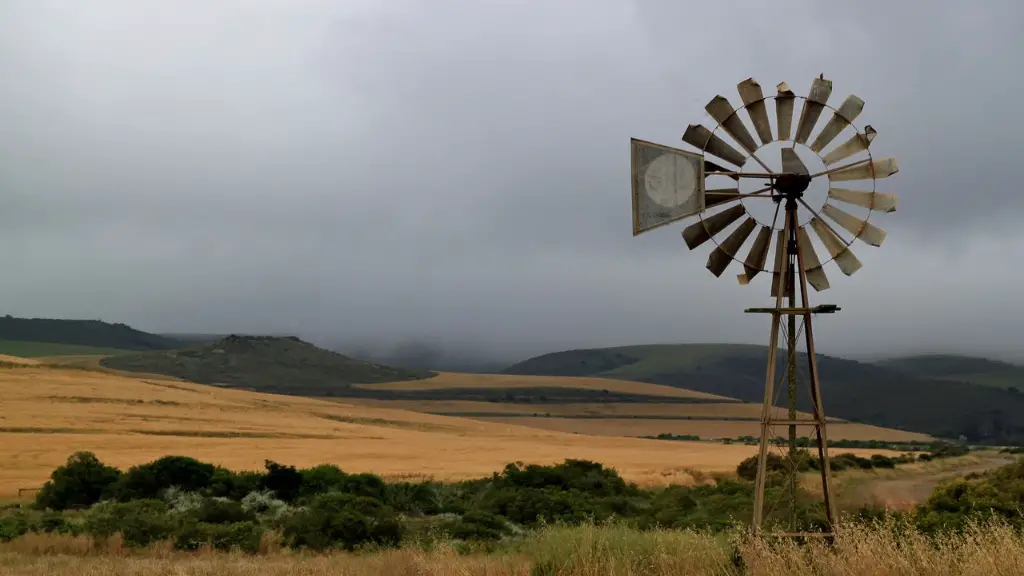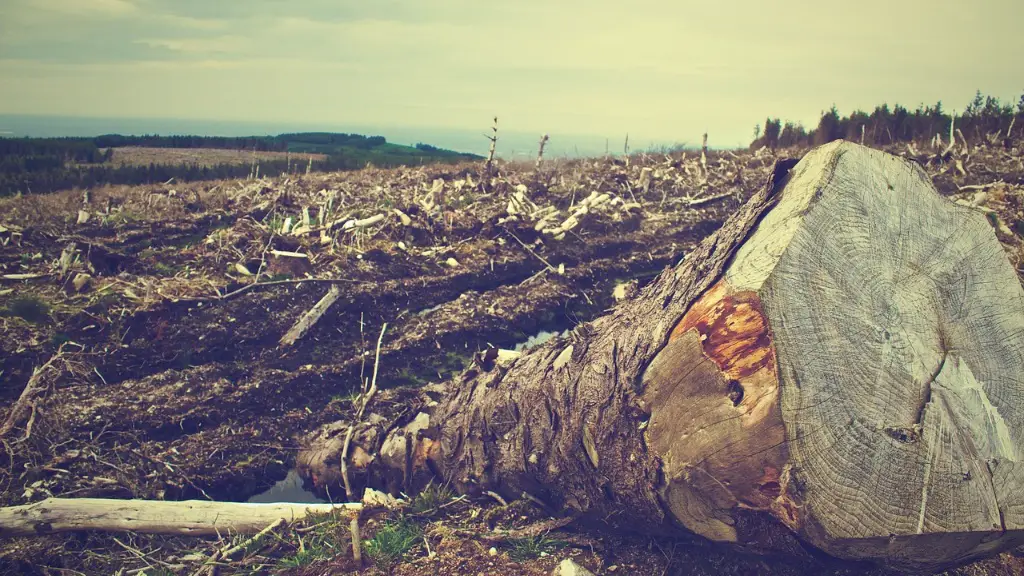The process of global warming is arguably the most contentious environmental issue of the modern world. We are becoming increasingly aware of the implications of climate change on our environment, our health and our futures. Many of us are actively doing our part to reduce our impact but it is still wise to consider how global warming affects the long-term, evolutionary prospects of species on Earth.
At its core, climate change is an alteration of the Earth’s temperatures on a large scale. This can take many forms, such as the Earth’s atmosphere or oceanic temperatures, and the fluctuations they experience in a given year or decade. This can foster changes to the environment, allowing animal and plant species to thrive in unexpected places, or force them to relocate altogether.
In many ways, this type of change can provide a new species with an initial push on the evolutionary ladder. In other instances, however, the warming of the environment can be too much and lead to the extinction of certain species altogether. The basic premise is that global warming can open the doors to adaptive radiation and speciation, or the formation of new species from a single ancestor. Alternatively, it can take those same species down a winding road towards extinction if their particular habitat becomes unsuitable for its continued survival.
Evidence of global warming influencing the rapid evolution of some species can already be seen in today’s world. One example of this is the evolutionary change of some species of sea turtles. As waters warm up, some turtle populations are seen to be experiencing a higher-than-normal number of female hatchlings being produced. Scientists believe that this gender shift is caused by the hotter temperatures in the nesting beaches. This shift could also have long-term repercussions for these species as a whole if the gender ratio continues to slip.
Another case study is the proliferation of dragonflies in the northern hemisphere. As temperatures increase, it has been shown that dragonflies have adapted to the warmer climate by extending their breeding season and even moving further north to fill new habitats. This adaptation was made possible because of specific genetic mutations that allowed the dragonflies to take advantage of the warmer temperatures and make their reproductive success more efficient.
It may appear at first glance that global warming could be beneficial as far as evolution is concerned. However, that is not necessarily the case. As mentioned earlier, global warming can also be a major contributing factor in the extinction of some species. This occurs when the environment becomes too warm and the species can no longer tolerate the harsher conditions. In some cases, the rate at which a species can evolve and adapt is too slow to keep up with the rapid changes in the environment, leaving the species unable to survive.
From examining these examples, it is clear that global warming can have a powerful influence on the evolution of species. While it can foster adaptive radiation and creation of new species, it is also a serious threat to existing species whose habitats become inhospitable due to rapid warming. We must be mindful of the implications of climate change on the evolutionary fate of species as it continues to exert a powerful force on our planet.
We must act now and take decisive measures to reduce our global warming emissions and tackle this urgent issue.The future of many species depends on us taking swift and meaningful action now to halt the rise in temperatures and curb our reliance on fossil fuels. Let us all do our part to ensure that the environment is an hospitable one for species of today and tomorrow.


